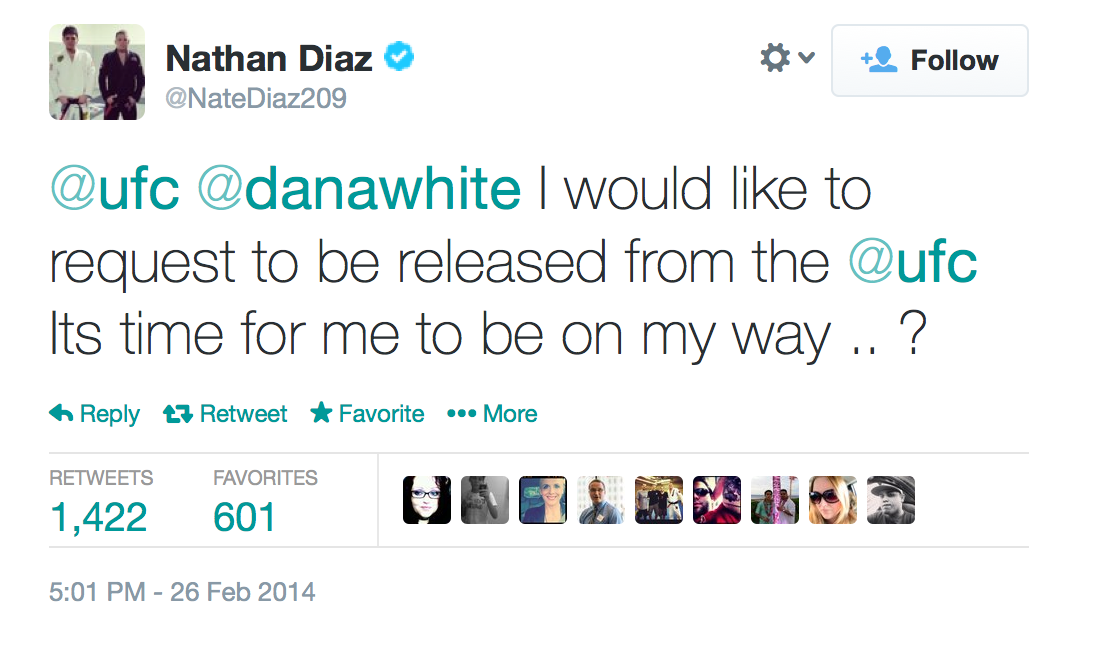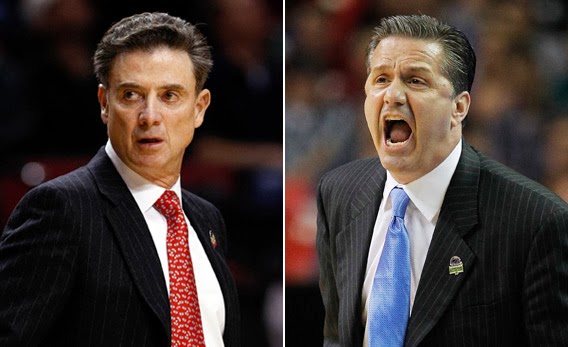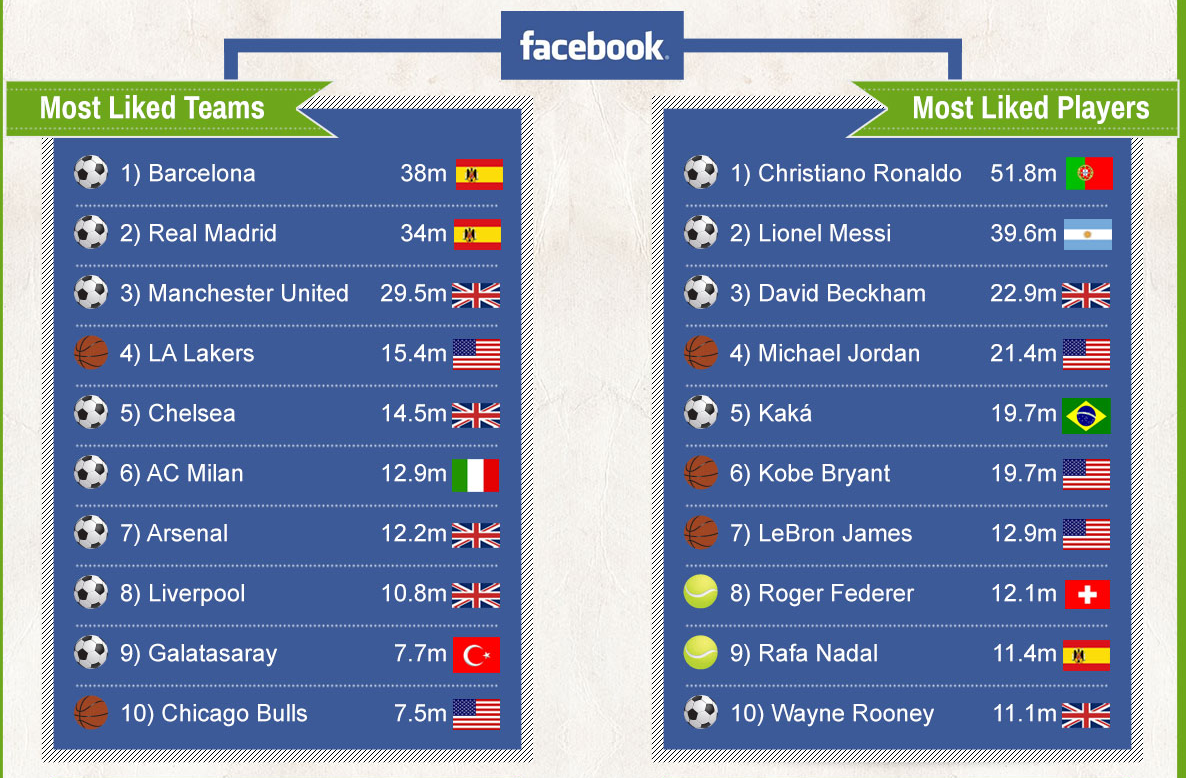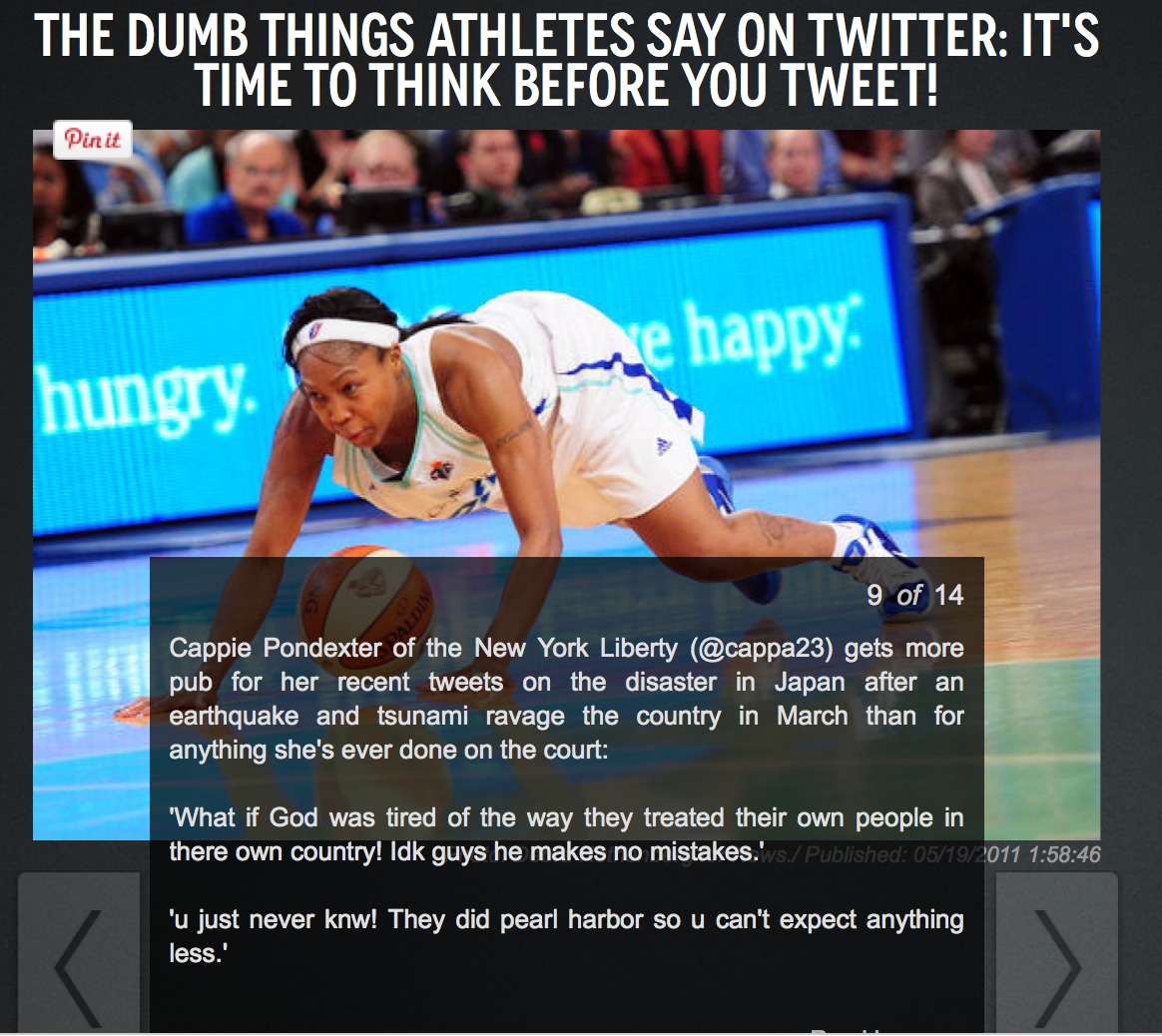Social media applications such as Facebook and Twitter are marvelous
creations, giving people unprecedented access to their favorite celebrities, teams and athletes. Unfortunately, this means that fans now risk getting too close to athletes, to the point that it may become detrimental to their favorite collegiate team.
Above, we see a screenshot of a tweet sent by Courtney Pastner, the sister
of the University of Memphis head coach Josh Pastner, to Rodney Purvis, who at
the time was being recruited by the Tigers. As innocent and harmless as the
tweet seems, it could actually be considered an NCAA recruiting violation.
As Yahoo! Sports blog Prep Rally wrote,
"there is no doubt that the younger Pastner is making public, direct
contact with a recruit via social media, something which would be a clear
violation if Pastner was doing so himself. The question is whether Courtney
Pastner is 'someone affiliated with the Memphis institution.' Considering her
relationship with her brother and her understandably open pro-Memphis bent (see
her Twitter background above, for instance), Prep Rally is inclined to say that
she should be tabbed as someone connected with the Tigers."
On Twitter, fans do not seem to know where the fine line between appropriate
and inappropriate lies, and will often cross the line in an attempt to attract
an athlete to their favorite school.
ESPN highlighted Tyler Luatua, the No. 3tight end prospect in the Class of 2013, in a recent article, who had a Twitter user tell him, "Come to (Southern California), or I will kill myself."
"He eventually said
he was just kidding," Luatua said. "He said he's got kids at home and would never do
that, but I thought he was serious at first. That really freaked me
out."
"Twitter is the Wild West of recruiting," Adoree' Jackson, a recruit out of California, told ESPN in the article. "I've had some weird things tweeted at
me, crazy things. Some I can't say. It does get to the point where fans
will tell you, 'If you come to my school, I'll give you this.' 'I'll
throw a party for you.' 'I'll name my kid after you,' and stuff like
that."
Coaches had enough to worry about before when it came to recruiting just from opposing teams' coaches. Today, they also have to worry about fans from their own school (or even another school) saying something that could influence a recruit's opinion and the possible NCAA sanctions that could come from such an action.
Worst of all for fans, their words often fall upon deaf ears.
"This is my life and not theirs," recruit Cameron Robinson out of Louisiana told ESPN. "I would be a fool to listen to
what some person I never met before says, especially some crazy fan on
Twitter."
The lesson to be learned from all this? Fans should leave the recruiting to the coaches.







